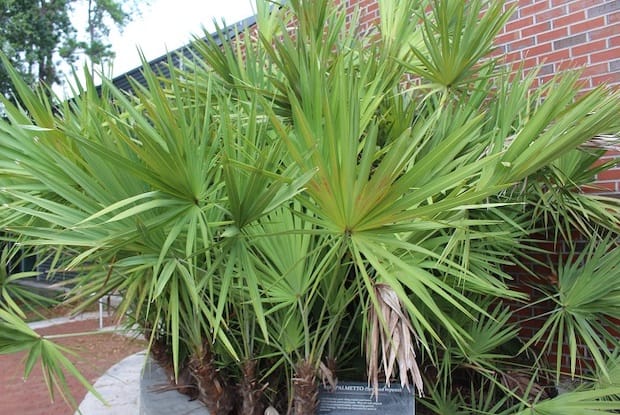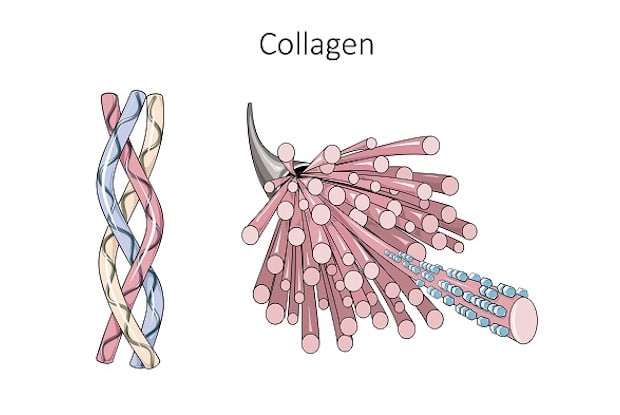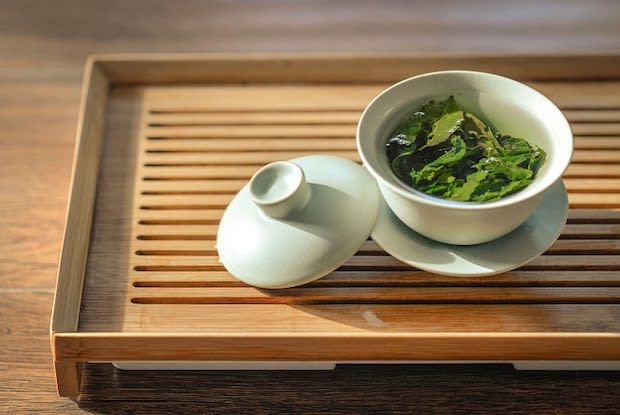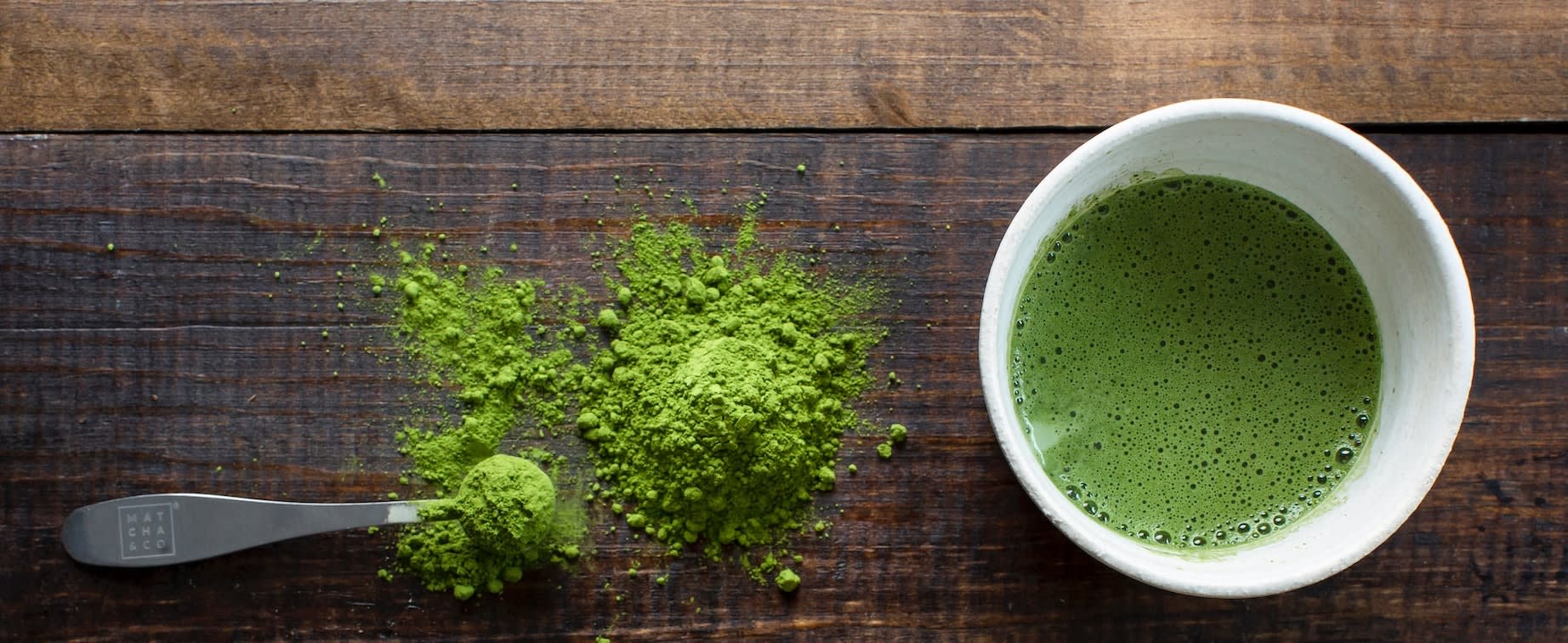Table of Contents
Your hair is part of your identity. When hair loss occurs, it can cause feelings of anxiety, depression, emotional stress, and lowered self-esteem. Losing your hair can feel devastating for some. Hair loss can vary from small patches of hair loss to losing an entire head of hair. Several different reasons contribute to hair loss. In this article, we will discuss natural remedies for hair loss. It’s important to note, always consult your doctor before taking any natural supplements for their advice and recommendations.
Saw Palmetto
Saw palmetto is a type of palm tree that is indigenous to the southeastern US. Saw palmetto is often used as a herbal remedy. The berry of the saw palmetto tree is known to reduce symptoms of an enlarged prostate gland and treat other urinary problems. [1]
Benign prostatic hyperplasia (BPH) is a non-cancerous enlargement of the prostate gland. Saw palmetto is effective at helping to treat BPH because of its ability to reduce 5a-reductase levels by 32 percent without changing testosterone levels in men. [2] Saw palmetto has also been shown to have partially antagonist effects on testosterone receptors. [3] It is thought that these two actions of saw palmetto are what contribute to its relevant use as a hair loss treatment.
A double-blind placebo-controlled study examines saw palmetto’s effects in the treatment of androgenetic alopecia. [4] Androgenetic alopecia is also known as male or female pattern hair loss, generally characterized by a receding hairline and hair loss around the temples and top of the scalp. Biochemically, a contributing factor to androgenetic alopecia is the conversion of testosterone to dihydrotestosterone. The enzyme 5-alpha reductase does this conversion. In this study, researchers analyze the effectiveness of a soft gel containing 200 mg of saw palmetto along with other ingredients compared to a placebo in treating androgenetic alopecia. Results show that 60 percent of patients taking the saw palmetto-containing soft gel reported improved hair growth from baseline as compared to less than ten percent of placebo patients. Biotin is a water-soluble B vitamin that is part of an enzyme needed for energy metabolism. Biotin is also found in certain foods and is produced in the intestinal tract by bacteria. Patients who are deficient in biotin show symptoms such as alopecia, dry and scaly skin, brittle hair and nails, and fatigue. [5] Supplementation of biotin has been shown to improve brittle nails, a symptom of deficiency of this vitamin. Biotin deficiency can indeed lead to alopecia. Although no studies have been done to look at biotin’s effects on alopecia, supplementing with biotin is unlikely to harm a patient and may improve hair re-growth. [3] Collagen is the major insoluble fibrous protein in the body and is a vital building block of ligaments, tendons, the skin, and connective tissue. [6] The body produces collagen, but it can also be present in supplements and food sources such as bone broth. Hair is mostly made up of a protein called keratin. Many of the amino acids that are found in collagen are needed to build keratin, such as proline, glycine, and hydroxyproline. As you consume collagen, the body uses the available amino acids to build new proteins. Proline is also a main component of keratin. Therefore, it makes sense that consuming collagen provides the body with essential building blocks to create strong hair. [7] [8] Furthermore, there is evidence suggesting that collagen may help protect hair follicles. Along with being a protein, collagen can also act as an antioxidant. Antioxidants help to fight the damage that is caused by free radicals in the body. Stress, smoking, unhealthy diet, environmental factors, alcohol, and air pollution are all factors that can increase free radical damage. Free radicals can damage DNA, proteins and harm the cells in the body. Several scientific studies demonstrate the powerful antioxidant activity of collagen. Thus, collagen's antioxidant properties may have protective effects on hair follicles, promoting healthy hair growth. Aloe vera’s use has been used for centuries and can be traced back 6,000 years to early Egypt, where the plant was depicted on stone carvings. Aloe vera has been historically used for hair loss, wound treatment, hemorrhoids, and as a laxative. The aloe vera plant can be separated into two parts: the clear gel and the yellow latex. Aloe gel is most often used topically as a remedy for sunburn and other skin conditions. The gel can also be taken orally to treat conditions such as bowel disease and osteoarthritis. The yellow aloe latex is often used to treat constipation. [9] Although there are no scientific studies that examine aloe vera’s role in hair loss, there are many implications that aloe vera can help ease symptoms of hair loss. Aloe vera has been shown to reduce scaling and redness due to a skin condition called psoriasis. Aloe gel can also help reduce dandruff, soothe the scalp, condition the hair, and unblock hair follicles. The aloe plant gel can be applied to the skin a few times a day to relieve redness and itching of the scalp. [10][11] Ginseng is the root of a plant in the genus family Panax. Ginseng has been used in traditional medicine over centuries and is a common household nutrient supplement today. Several scientific studies show that ginseng is effective in promoting hair growth. The mechanism and action of ginseng on human hair follicles are not entirely understood. [12] Ginsenosides are the active components of ginseng thought to be responsible for its positive effect on hair growth. Although the mechanism of action is not thoroughly understood, it is thought that ginseng can promote hair growth by stimulating the hair follicles. [10] Green tea is originally from China and is a type of tea from Camellia sinensis leaves and buds, a species of evergreen shrubs. The health benefits of green tea are known to help with several ailments such as heart disease, liver disease, and cancer. [13] Green tea is known to be rich in antioxidants. The antioxidants found in green tea come from compounds called flavonols. Catechin is a particular type of flavonol found in green tea. Many of the benefits of green tea are associated with catechins. Green tea has been added to many hair products because of its known benefits, such as preventing hair loss and supporting hair growth. Androgenetic alopecia is a form of hormonal hair loss. In men, two hormones, such as testosterone and dihydrotestosterone, are known to decrease hair growth and increase hair loss. Research shows that green tea can inhibit the effects of these hormones (testosterone and dihydrotestosterone) from helping slow hair loss. [14] Green tea may also support hair growth and re-growth. In one study, topical green tea extract was applied to the scalp of three participants. After only four days, significant increases in hair growth occurred in these research participants. Green tea extract increases hair growth by stimulating hair follicles and preventing damage to the skin. [15] The content in this article is intended for informational purposes only. This website does not provide medical advice. In all circumstances, you should always seek the advice of your physician and/or other qualified health professionals(s) for drug, medical condition, or treatment advice. The content provided on this website is not a substitute for professional medical advice, diagnosis or treatment.
Biotin
Collagen

Aloe Vera

Ginseng

Green Tea

